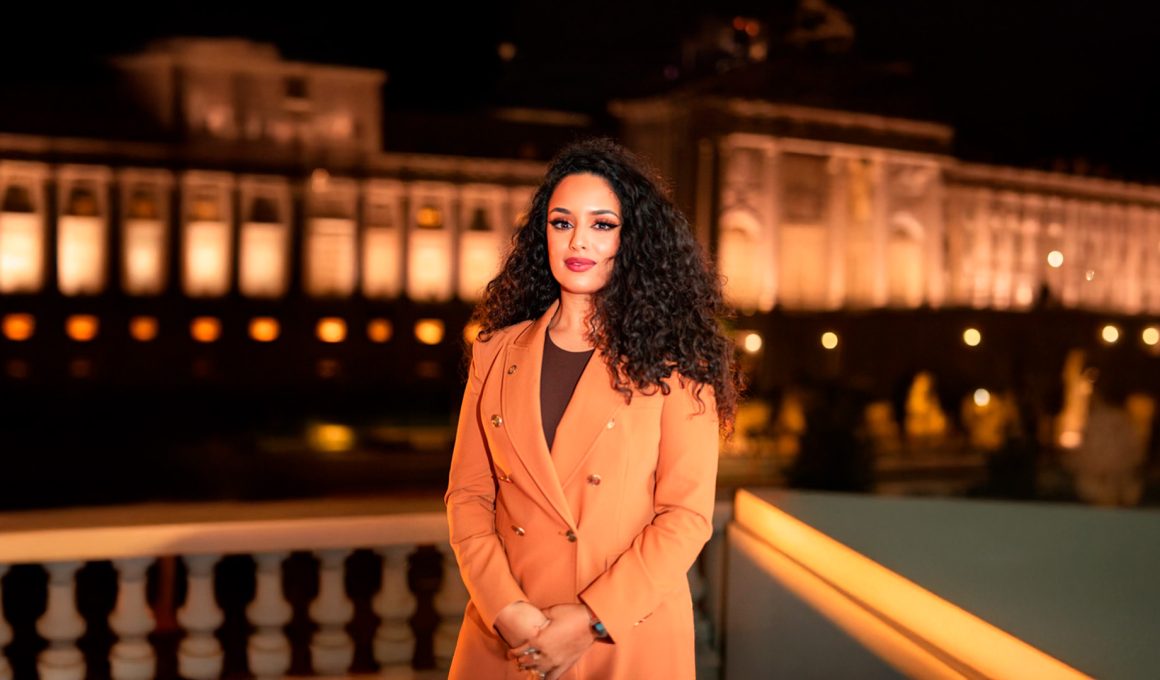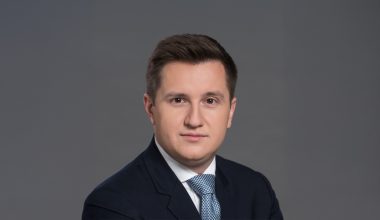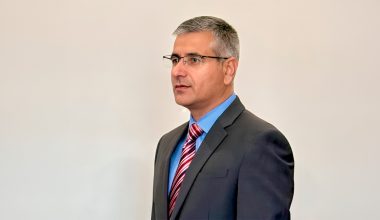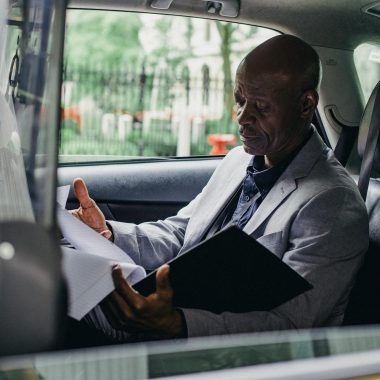The transition from military service to civilian life presents unique challenges for the approximately 200,000 veterans who leave the military each year. With research showing that 80% face periods of unemployment, organizations like VetsinTech are stepping in to bridge this gap. Ikram Mansori, a U.S. Army retired combat veteran and Chief Operating Officer at VetsinTech, has built her career on translating military experience into leadership across tech, business, and venture—while helping others do the same.
Transitioning to Civilian Success
Ikram’s journey spans professional sports, military intelligence, and executive leadership in tech. “I was a judo champion in Morocco before moving to the U.S. at 16. I went on to attend UC Davis and later joined the Army,” she shares. “I served as a signals intelligence analyst and paratrooper, and after my military service, worked with the National Security Agency.”
Her post-military path took her into tech, including a leadership role at a major social media company overseeing trust and safety initiatives, and into venture capital, where she conducted due diligence for funds out of the MENA (Middle East and North Africa) region, particularly during the pandemic. She also served as President of the Veterans Affairs Commission, where she worked to support and shape policies that benefit the veteran community.
A lifelong learner and builder, Ikram went on to found several mission-driven startups and pursued advanced education, including a Master’s in Entrepreneurship and Innovation and a Doctorate in Business Administration. Today, she continues giving back as an adjunct professor in business and entrepreneurship, empowering the next generation of leaders.
Leading With Purpose
At VetsinTech, Ikram now leads initiatives focused on what she calls the “three E’s”: Education, Employment, and Entrepreneurship.
“We’ve built pathways into tech for veterans and military spouses through nationally recognized certifications and courses in areas like cybersecurity, cloud computing, web development, and data science,” she explains.
VetsinTech also works with a broad coalition of tech companies and community partners to support job placement and entrepreneurial growth. “We’ve seen how critical early planning can be in a successful transition,” she adds. “Starting even a year or two before leaving service can make all the difference.”
This insight is backed by research led by VetsinTech, in partnership with the Center for a New American Security (CNAS), which found that many transitioning service members are unaware of viable career pathways in the tech sector and often lack tailored guidance. In a follow-up study with the RAND Corporation, VetsinTech also helped uncover the unique challenges military spouses face when pursuing careers in technology—insights that continue to shape programs designed to bridge these gaps.
Military Traits That Transfer to Business
Ikram believes military service instills qualities that are deeply valuable in the private sector. “From combat to boardrooms, I realized the lessons I learned in uniform didn’t stay on the battlefield—they became the backbone of my leadership style,” she says. Discipline is high on that list. “In the military, discipline isn’t just about following orders. It’s about accountability, clarity of mission, and execution under pressure,” Ikram explains. “Those traits are essential whether you’re leading a company or launching a product.” She also highlights adaptability. “Deployments taught me how to operate without perfect information. The mission still has to get done,” she says. “That kind of mindset is priceless in the fast-paced world of startups and innovation.”
A Lifelong Mission
Servant leadership—deeply embedded in military culture—continues to shape Ikram’s philosophy on leadership and impact. “I still carry the NCO Creed with me,” she reflects. “It taught me that ‘my two basic responsibilities will always be uppermost in my mind—accomplishment of my mission and the welfare of my Soldiers.'”
“That line has stuck with me. It’s a reminder that leadership is rooted in responsibility, empathy, and elevating others. You can’t go far if you’re not lifting others as you go.” That mission-first mindset didn’t end with her time in uniform—it evolved.
“In the military, the mission always comes first. Out of uniform, that mission becomes personal—driven by purpose and fueled by impact,” she says. “Veterans don’t stop serving. They simply change the battlefield—from combat zones to classrooms, boardrooms, and innovation labs.”
Ikram emphasizes that the veteran and military-connected community continues to lead with resilience and quiet strength long after they transition. “Our community is filled with silent giants—people who rise from adversity, lead with humility, and give back without seeking recognition,” she shares. “My work at VetsinTech, my role on the Veterans Affairs Commission, and my time in the classroom are all part of the same mission: to serve with intention, to build with purpose, and to lead with integrity.”
When asked what veterans need most during their transition, Ikram highlights the importance of grace—and growth.
“There’s a recalibration that happens when you leave the military. Employers need to create space for that process, and veterans should step into it with curiosity and confidence,” she says. “Preparation is power. The earlier you start, the stronger your foundation.”
Across every chapter of her career, Ikram has remained focused on closing the gap between service and leadership—ensuring veterans are not just participants in the tech economy, but trailblazers within it. “Veterans don’t just belong in the workforce—they belong at the top as well.”
Follow Ikram Mansori on LinkedIn to learn more about empowering veterans and fostering leadership.








